#newedo
Explore tagged Tumblr posts
Note
Heya! TTRPG trick or treat, please! 🎃👻
This one's got a backstory, so stick with me.
When I first got into TTRPGs, I learned about the big 6: D&D, Pathfinder, CoC, Cyberpunk, WoD, and Shadowrun. Of those, I've still, to this day, only played 5, and Shadowrun has remained the odd man out, despite having probably my favorite setting of all of them after Pathfinder. Part of this is its reputation for being a really crunchy game, keeping me from getting players, and part of it was that it's a very crunchy game that explains its rules SO POORLY (in recent editions at least, I'm told 3rd is the best in this department) that I couldn't even really convince my friends to get over the hump because it's hard for ME to grok the rules.
For well over a decade, Shadowrun has been my white whale, always on my shelf, never my table. So I did what any other well meaning TTRPG player does when they have a setting they like but a system for that setting they hate: I looked at every hack on the planet for every other system.
So here's your treat: every Shadowrun hack I've found!
Up first, Runners in the Shadows by Mark Cleveland:
This is a Forged in the Dark hack for the Shadowrun setting that is probably one of the better ones for emulating the "crew going on heists and doing cool shit" vibes that Shadowrun tries really hard to say is its core. I'm a sucker for FitD games in general, I think the system is *so* elegant, and I struggle to find a system more suited for the setting (SR's own rules included) than Blades, so this one has to go at the top.
With that said, there are still plenty more!
I'm going to give 2 PbtA games a shout out here, the first I've played, the second I haven't, but have heard plenty about.
Up first: City of Mist!
"But that's not a shadowrun hack!" I hear you saying behind your screen, and you're almost right, it technically isn't, BUT it's asymptote certainly approaches shadowrun, for my math nerds out there. This is a game about the (literal) power of stories, about struggles against an unseen and unknowable force trying desperately to remove every semblance of magic from your life, and about the yearning to keep your mundane life despite, or maybe in spite of, your magical adventures. City of Mist proper is a fantastic gritty noir urban fantasy game that works wonderfully as the framework for an early 6th world setting with minor tweaks, but it's sequel: Metro Otherscape, leans into the Shadowrun of it all, adding a 3rd axis along which your character can struggle, being "noise". In Otherscape, you're balancing a mundane, magical, technological life, and trying not to let any of those three overwhelm your being. A lot of cyberpunk games try to say that cybernetics reduce your humanity in one way or another, but I think Otherscape does the best job at embodying that balance in a way that isn't deeply ableist in its messaging. It's ALSO the only PbtA game I actually LIKE.
Hot take: I can't stand Moves, they annoy me to no end, and needlessly complicate an otherwise brilliant system. I might make a follow up post if anyone wants to hear my deeply bad take, but for now, just know that I'm a ttrpg heretic, and we can move on.
Otherscape completely does away with moves, and instead just lets the MC and the players decide whatever is most relevant to the action being attempted! It solves almost every problem I've ever had with PbtA games, AND kicks ass as a shadowrun stand-in, so this also deserves a place at or near the top.
Second PbtA game: Shadowrun in The Sprawl. This one is a hack of The Sprawl, a PbtA cyberpunk game in its own right, SRiTS adds the setting and magic of SR to its formula, and that's all I know about either system, due to my aforementioned PbtA-phobia. I've included this one for thoroughness, not because I have any stake in it.
Most of the other hacks I've seen use generic systems like Fate, Savage World, Cypher system, Genesys, and a hero system hack I've heard a bit about but can't find anywhere. All of this is to say that there is a wealth of options for generic systems that try to emulate SR, and most of them are fine. The last game I'm going to talk about though uses its own system, its own setting, and manages to be completely, utterly unique while capturing the vibes of SR so well that I'm still a little in awe at how well it does all of the above. I'm also not 100% certain it's a particularly good game, but the fact that I'm unsure about it should tell you that it's definitely still better than SR proper, because I KNOW that system is bad.
Without further ado: NewEdo
NewEdo is fascinating to me in that it feels like the same jump from Shadowrun that 3rd edition D&D made from 2e, or even the same kind of jump from 3rd to 4th, where you can clearly see the spine of the game it's evolving, but almost every other part of the system has been changed and improved in new, interesting ways that can still be used to tell VERY similar stories, but has its own identity at the same time. I mentioned that City of Mist is Asymptotic to SR earlier, and I stand by that assessment, but I'd say that NewEdo is closer to a parallel line, or a tangent from SR's line, if we're using the same terminology. To get into the nitty gritty, NE uses a system the author describes as "Crunchy lite easily managed", which amounts to a priority system during character creation very similar to the one SR uses, but with each tier you can select having pretty impactful ramifications for your character going forward. The easiest example is the modifications priority, at its top tier, you basically make a mythical creature into robo cop for your character's ancestry, but at its absolute lowest tier, your body actively rejects any and all implants, such that your character will NEVER have implants. On the same note, cyberware is handled REALLY well, with your body only being able to handle so much at a time, but otherwise the only ramification is a "biofeedback" line on your fate card, which I'll get to right now!
Almost every option your character picks gets added to a little personalized random d100 table on your character sheet called the fate card. This includes your character's crit rate, the possibility of a deity intervening on your behalf, or the aforementioned biofeedback line, which briefly fucks you up as you cyberware malfunctions. You get new lines on your fate card through picking certain character options, making impactful decisions during the story, and otherwise fulfilling the express goals of your character. The entire system kind of hinges on the fate card as a mechanic, which is weird, because I don't think I super love it, as it adds additional rolling to an already pretty dice heavy system.
Which brings me to the dice! New edo uses a d10 as its primary die for dice pools when rolling your characteristics like strength, speed, etc, but the rest of the polyhedral family for your skills. (D20 excluded) The skill system is a little funky, but I like it. Basically, each skill has a rank, which indicates how many dice it has, but each rank is assigned a die, each having a different cost associated with it. So my swordsmanship could be rank 4, but what that really means is that I've got 1d6, 2d4, and a d8 that I get to add to my strength rolls every time I attack with a sword. As far as resolution, you total all of your dice together to try and hit a target number. I don't have the table handy, but it's something like 15 for a moderately challenging task, and up to 40 for a nearly impossible task. I dislike addition in this context because math at the table usually slows things down, but it looks like you're probably only rolling 2-5 dice at a time at the beginning, which isn't *that* bad.
You'll notice that the two major mechanics I've mentioned so far have received pretty luke-warm responses from me, and that sounds like I hate the system, but those aren't that makes me like (\love?) this system is the back end, the choices that happen during character creation, and the things that those choices let you do. Every skill is attached to feats that unlock at different skills, magic is a skill, and its feats unlock better relationships with the Kami in your repertoire (magic is up next, I promise) and your class (path, they call it) doubles as a way to tie your character to the world, with each being associated with an in world faction which gives your character an immediate stake in the world and their community. It's a lot, but it all comes together to make something greater than the sum of its parts.
The last thing I want to talk about is the magic system, because I found it deeply interesting, as it's one of the very few skill based magic systems I've interacted with, and one of my favorites on a narrative level. Instead of spells or spell schools, your character instead develops relationships with Kami, and each new "order" or "type" of Kami your character gets access to represents them finding out how to supplicate, make an offering, or otherwise convince a given Kami to do a certain effect. If you have a relationship with the fire Kami (that's plural, not singular), then your character has learned that their local fire Kami really like a certain type of hot bun, so they offer them that hot bun after a scene where they invoked those kami, to maintain their relationship. Mechanically, this works instantaneously, you simply make a roll on your "Shinpi" skill, invoke whatever "rote" you want to use, and the relationship building is left for the GM and player to work out at the table.
(That's the last I have to say on the game itself, but I would ask anyone who has read the game and is more intimately familiar with Japanese culture to tell me if the game feels respectful to that culture, because I truly don't know, and the book doesn't list any sensitivity consultants. The author is Canadian, but spent many years sailing to and from Japan as a professional sailor, so idk. )
I guess the moral to this post, if there is one, is to acknowledge when a system or setting has faults, but learn from them, and don't ignore the good or cool stuff that's there! It might inspire you to make some amazing shit like City of Mist, Metro Otherscape, or New Edo, all of which, their relationship to Shadowrun aside, are fantastic games in their own right! (NewEdo is still up in the air, but it has its teeth in me, and that has to count for something)
That ends my trick or treat, thanks for asking!
#shadowrun#ttrpg trick or treat#city of mist#cyberpunk#indie ttrpgs#ttrpg#indie ttrpg#ttrpgs#forged in the dark#powered by the apocalypse#newedo#cypher system#fate core#genesys
26 notes
·
View notes
Note
New Edo has some things that would fit well for a technomancer.
There is the Kami of machine language (Kami are what allows your character to do magic) which gives access to the spells Host, which gives you control over a piece of complex technology and Translocate which lets the character transport themselves through data and power cables.
There is also a path (basically your class) called the Ghost Talker that could quite reasonably be described as a technomancer. They get both bonuses for their computer use skill roll and access to mystical powers including the above mentioned machine language kami (though it is not exclusive to them).
The setting is a mix of fantasy based on japanese mythology and near-future sci-fi.
Link to the games website: https://salty-games.com/pages/newedo-home
Link to it on drivethrurpg: https://preview.drivethrurpg.com/de/product/412135/NewEdo
I really enjoy the Technomancers from Shadowrun, especially with the whole innate ability to connect to the wireless Matrix without augmentations and expensive hacking tablet. As fun (for me, not the characters) as it is for technomancers to be the central boogeyman that all the megacorporations are rounding up, it can be a bit disheartening that technomancers are treated like parayas, both in and out of game, with technos existence is basically illegal in the world, and long time wired matrix fans not liking them and the wireless Matrix because of the complex rules and lore in our world.
Do you think you got any games that have something similar to the Technomancers from Shadowrun, especially the ones from the later editions, since technomancers was more of a colloquial term for hackers instead of the mystical cyber wizard hackers.
Also, I'm more looking for hacker vibes with a side of mysticism rather than "Merlin emailed you a Fireball," but if you are feeling cheeky about it, both are good. :3
Theme: Hacking (with Magic!)
Hello friend. I tried to approach this request from a couple of different directions, so I can't guarantee that the following suggestions are exactly what you're looking for. I tried to approach this from both the sci-fantasy and cyberpunk routes. I hope that there's something in this collection that you can pick up and play around with!
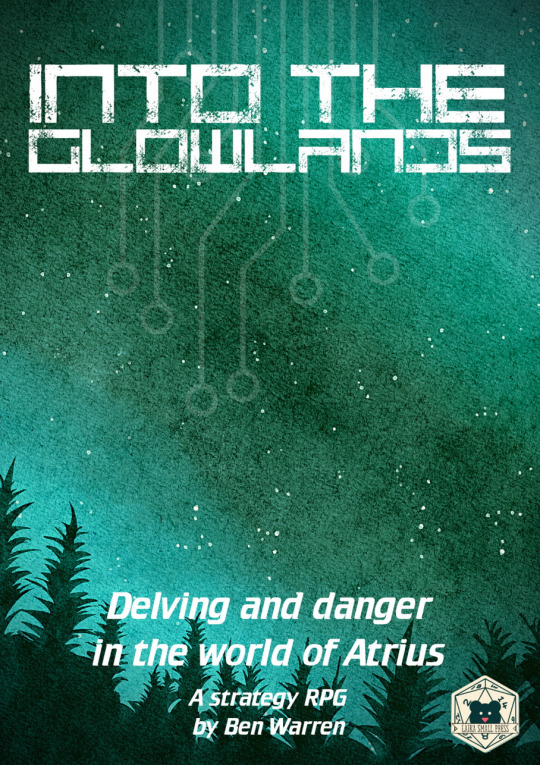
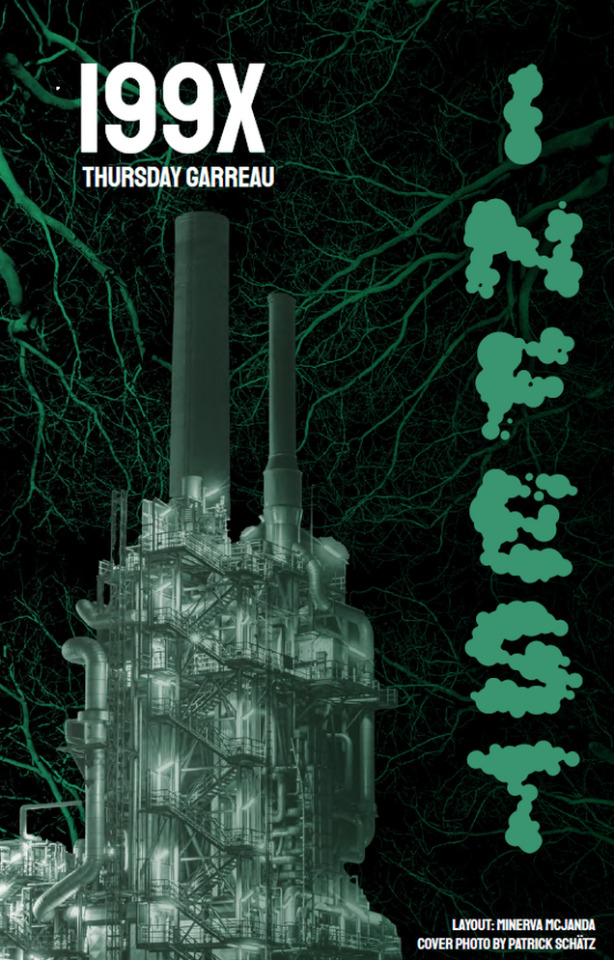


Into the Glowlands, by Laika Small Press.
Into the Glowlands is a game of expeditions and delving in the Glowlands, the hellish tundra of a fallen world. Wielding blades, spells and half-understood technology, venture into the freezing wastes and see what treasures you can return with, while surviving the cold, radiation and the eternal war of the Glowlands' murderous machine armies.
Into the Glowlands combines a quick roll resolution system based on combining your character's Aspects, in an entirely new d20-based dice engine called the Aspect Engine. This is designed to allow players and GMs to play an in intuitive and smooth way, with quick tactical combat and deep character customisation. It is a post-apocalyptic, science fantasy strategy RPG for fans of Ironsworn, Best Left Buried, Horizon: Zero Dawn and Lancer.
Into the Glowlands harks to many recognizable tropes within high fantasy, but re-contextualizes them in a technological post-apocalypse. Judging by the SRD, it looks like magic is available to all characters, regardless of what class you take. There’s a class called the Holographist, which cam create illusions using a substance that exists within most bodies, and there’s also a Technologist, which wields technology and magic together - and has access to something called technomancy. This looks to be a special class of spells. If you like tactical games about combat and strategy, Into The Glowlands might be your cup of tea.
199X: INFEST, by Thursday Garreau.
In the year 199X, the Z-TEK Industrial/Habitation District was walled off from the outside world - apparently a terrible nuclear accident with complete fatalities, swiftly forgotten. The truth is far stranger: a malign cult tore a breach between our world and the home dimension of the psychic parasites they revere, prompting the use of an experimental atomic weapon and a total quarantine of all survivors. Life endures in RAD ZONE 1… but those that rise above the ashes may be something more than human.
This is a future where megabytes are precious and lives are cheap.
199X: INFEST is an apocalyptic cyberpunk microgame using Jason Tocci's 24XX system. You play as mercenaries and scavengers within Rad Zone 1, tackling Jobs with your wits, salvaged technology mutant Twists, and psychic Powers. Clash against corporate kill-teams raiding the quarantine zone, hateful zealots on a petty crusade, vicious bandit warlords, and the cultists of phantasmal alien Bugs.
INFEST is more about a post-apocalyptic dystopia then it is specifically about hacking, but it has a character option called Relay, which gives you the ability to talk to machines. 24XX games are pretty lightweight, so don’t expect a lot of complexity in terms of how this plays out - your basically get a bit of a better chance into getting machines to do what you want, while other characters are turning invisible or zapping the technology around them. You might be able to combine the options in INFEST with the character options in its sister game, 199X: SHUTDOWN, which is created by the same author and meant to be combined with their other 199X games. SHUTDOWN has a Phreaker character option that improves your hacking - although most of the loot you’d be interested in needs to be connected in some way.
Cryptomancer, by Land_of_NOP.
Cryptomancer is a tabletop role-playing game made for hackers, by hackers. It features an original fantasy setting and gameplay informed by diverse security disciplines. Players assume the role of characters on the run from a shadowy organization that rules the world through mass surveillance, propaganda, and political coercion.
This is a game in which a fantastical world has its own version of the internet, and the methods your characters use to maintain secrecy and privacy are allegorical to the ways you can keep yourself safe on the internet in real life. Designed by hackers, this game was designed to educate even the non-internet-literate about internet safety. In terms of the lore, the ability to connect to each-other through the Shardscape does require shard-gems, but any character can use these gems. This is a fresh new take on both fantasy and technology, and I think it definitely merits checking out!
SYZYGY, by Ostrichmonkey Games. (@ostrichmonkey-games)
SYZYGY is a rules-light role playing game where players take on the roles of wandering, exploring, Mendicants in a vibrant science fantasy world.
This is a two-page ashcan of weird science fantasy, that makes tech akin to magic in many ways. All of the characters will have some ability to channel, which gives them access to the artifacts and energy that pass for technology in this setting. The designer cites Destiny, Nausicaa, and Hyper Light Drifter as inspirations for this one. I like that having access to channelling isn’t reserved for a specific character here - all of your characters have the ability to do it, it’s just a question of what they’re using their abilities for. There’s also something called The Strange - paracausal energy, ancient technological ruins, god-machines - all of which can change the landscape and the stakes for your characters.
If you want a light toolbox to play around with, I recommend checking out SYZYGY.
69 notes
·
View notes
Text
Because no one has asked. Here's a complete list of games I've got settings and plans to run. At this point it's just a complete bucket list of things I'd love to run and hopefully some day will. Stars help me I know there will just be more over time. If anyone is ever curious I can typically answer questions about them to.
1. DnD 5e: Brawl of The Gods
2. Lasers and Liches 5e: Demon King Live
3. Genefunk 2090 5e: What is a Soul
4. Wendy's RPG/DnD 5e: Dungeons, Dragons, Drive in, and Dives
5. Star Wars 5e/3.5: Catch me if you can
6. Legend of the Five Rings: Isekai Online
7. StarsWithoutNumbers: StarLight Brigade
8. NewEdo: Long Night with Neon Lights
9. Cyberpunk Red: Rock And Roll And Logistics
10. Astir Amour: Pugna Magna Machina
11. Avatar: Kora Edition
12. Avatar: Kihoshi Edition
13. One Ring 2nd: Balrog Hunting
14. Vampire 5th: The party after
15. Lo-Fi Bards: Tale of Two Schools
16. SCP: New Facility
17. BESM 3rd: Mechandrots
18. Wrath and Glory: High with cards
19. Through the Breach: Asylum
20. Demon The Descent: Paradiso
21. Jinkies: Broken Down in Paradise
22. EverQuest: Supernaturals in Maurader Town
23. Suburb and Snazzles: Not stuck at home
24. City of Mists: Stories from a Steam Powered Giraffe
25. Exalted: The DragonBloodeds Wish
26. Tales From the Loop: Time and Time again.
27. Fellowship: Bizarre Adventure without JoJo
28. Invisible Sun: Here for a short time not a fun time.
29. Champions: Heroes of Kyoto (My Hero Academia)
30. Lancer: Mecha Bug Brawl
31. Hunters 5th: How is this not the apocalypse?!
32. Blue Rose: Court of The Roses
33. Thirsty Sword Lesbians: Battle for the Brothel
34. Bunkers And Badasses: Lords and Ladies of Badass Duchy!!! Eat it Suckkaa!!!
35. Pathfinder 2e: The Demon Lord can Do That?
36. Exalted: Schools Days
37. Changeling: It doesn't have to be a Dream
38. Dresden Files: This shit is still local
39. Ryuutama: Winter Harvest
40. Mouse Guard: Nights in the Hedges
41. Ars Magica: Eternal City Forgotten to Time, spanning the ages, across the stars. Only those of the highest orders may hope to hold a candle to the might of this world -The title goes on several more paragraphs-
42. Dragon Age: Deep Pockets for the Lord's of Fortune
43. Etherscope: Punch some Nazi's
44. Dungeon the Dragoning: Outlaw Star
45. Fate of the Norns: Hard Nights in Valhalla
46. Mage The Awakening: -The GM Regrets this Already-
47. Bubble Gum Crisis: Neo Tokyo's Finest
48. 13th Age: Melian Dream Mansion
49. Pokemon 5e Homebrew: Scottish Circuit
50. Iron Kingdom Unleashed: Welcome to the Bayou
#ttrpg community#nerds#dice goblin#forever gm#tabletop#dnd#laserandliches#freelancewriter#freelancegm#genefunk#avatar the last airbender#Hadeshelpmeihavetomuchtimeonmyhands
1 note
·
View note
Note
Lol extremely fair, I also definitely recommended two of the most beloved indie rpgs of the last decade, so I probably wasn't telling you anything you didn't already know anyway. I'm in the same boat btw, classless systems absolutely have their place, but they're definitely not for me. (Generally speaking, at least. I actually quite liked NewEdo, despite it being mostly classless)
what are your thoughts on Pathfinder?
Not exactly a fan of 1e. It felt like it improved marginally on 3e's design in places while doubling down on some of the worst design ideas that popped up during D&D 3e's run and also has some of the worst proliferation of excessive variants of classes to the point it ends up diluting the point of classes.
2e I like though. Classes have distinct identities, character creation is a nice minigame with lots of levers to pull, it is systemic in all the right ways without being too complex. Hell yeah!
135 notes
·
View notes
Note
New Edo uses most of the dice, with the exception being the d20. You make dice pools out of d10s representing your traits (roughly equivalent to D&D ability scores) and d4s, d6s, d8s and d12s representing your skills.
Its setting is a mix of near-future sci-fi and fantasy in a nation based on japan.
I played it for a bit and i had fun with it, although the campaign was cut rather short due to real life stuff.
Here is a link to the games website: https://salty-games.com/pages/newedo-home
I feel like this may have been asked before but: recommendations for a D&D player looking to branch out into other games (no genre preference) but with the caveat that they want to keep using most of their weirdly shaped dice? Systems that utilize just one type of dice (Shadowrun, WoD, etc.) are scary.
THEME: All The Dice
Hello friend! You are somewhat correct in that I've made recommendations similar to this before, so keep an eye on the rec list at the bottom. This is the first time however, that I'm specifically looking for games that use most of the polyhedral dice. I hope you find something that fits your taste in this list!
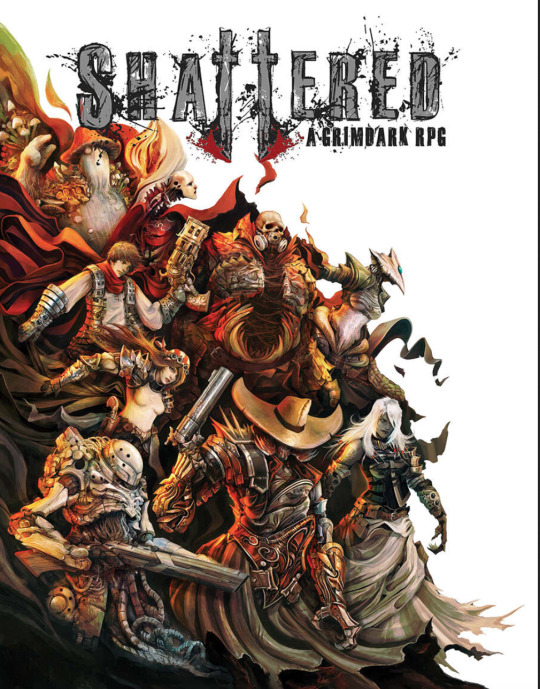
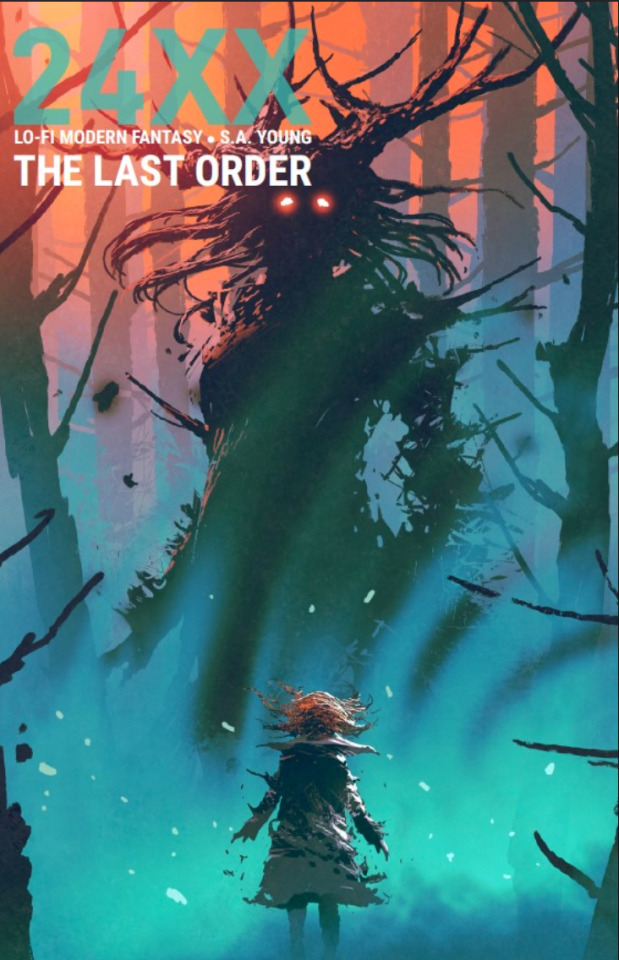
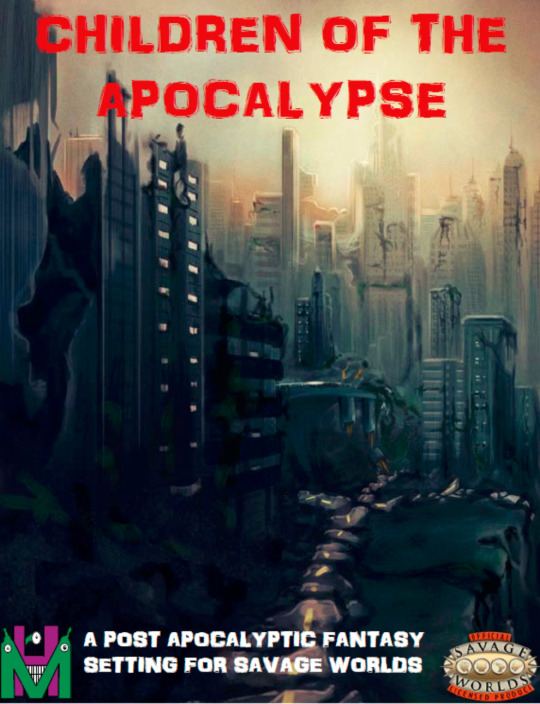
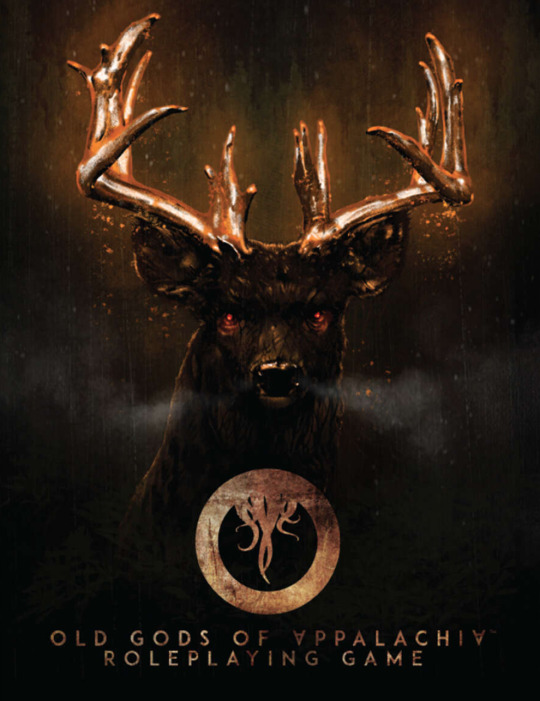
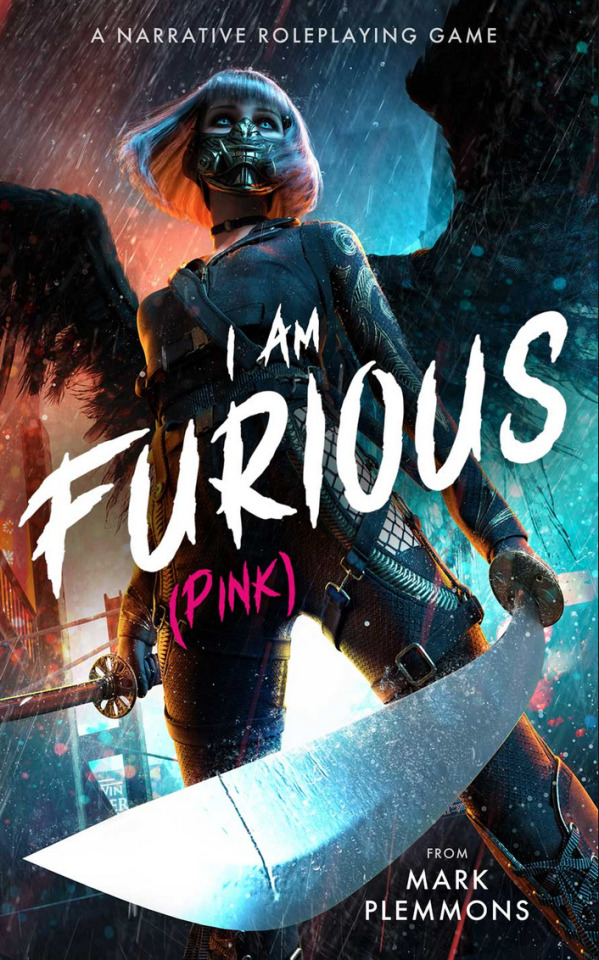
Shattered: A Grimdark RPG, by Never Dark Enough.
Shattered is a self-contained tabletop RPG that is built on a unique die system providing players with a tangible sense of growth. Inhabit one of eight distinct races and explore the dangerous post-apocalyptic world of Feneryss.
Millennia ago, millions sacrificed themselves in a ritual to the dark god, Ragnarok. The blood rite failed and rebounded on the planet, capsizing entire tectonic plates, replacing once plentiful oceans with molten rock, and calling down catastrophic storms to ravage what remained.
If you want gritty fantasy, steampunk and horror, Shattered might be for you. There’s biological mutations, vampires, gunpowder, sentient fungi… and more! Shattered’s game system is pretty crunch-heavy, giving your player different dice to roll depending on the rating of their character’s skills. There’s also plenty of rules for attacks, reactions, damage reduction, and other conditions that may pop up in combat, such as disease. If you want to pull in a lot of the granularity that existed in D&D, but you also like the idea of rolling multiple dice for any given attack, you might want to check out Shattered.
24XX: The Last Order, by S.A. Young.
After the Fae Courts were ravaged by a primordial evil known as The Dark Well, they went to seek out help from the Realm of Man. Sadly, many centuries have gone by since this many Fae have been in the Realm of Man. Modern and strange, the only ones that can help fight back the evil are fledgling mages. Now Fae and mages join forces to form The Last Order.
24XX games exist on a solid skeleton, even if it’s only a few bare bones. Your players will use d6’s, d4’s, d8’s and occasionally d10’s, while you, the GM, will use a d20 for the random roll tables that exist in pretty much every iteration of this game. I find 24XX games to be quick and easy to teach, as well as either affordable or free. They’re also reminiscent of the OSR style of play, so learning 24XX might be the first step into a much larger world of OSR games. The Last Order focuses on a world of faerie magic, warped by a primordial evil, so if you want to include a familiar feeling of fantasy along with your bundle of polyhedral dice, this game might be worth checking out. (If you want a different genre, just check out the abundance of titles under the 24XX tag on itch.io)
Children of the Apocalypse, by Happy Monster Press.
In the ruins of an ancient city, a band of treasure hunters seeks ancient artifacts to fuel the creations of a powerful Tinker Mage. Armies trade musket fire across rolling hills as pikemen brace to receive a charge of monstrous shock troops. An assassin in the service of the Goddess of Death and Disease sets a gunpowder charge beneath the foundations of a rival church. A wizard faces down a psion in an arcane duel for possession of a trove of ancient texts. All these adventures and more are daily occurrences in the world of Children of the Apocalypse, a post-apocalyptic fantasy setting for Savage Worlds.
Savage Worlds uses different size dice for different skills, which is why I’ve recommended it as a D&D substitute in the past. But what it also has going for it is a broad community of players and game designers such as Happy Monster Press, with various settings available all for the same rules system. Children of the Apocalypse combines mythology with an apocalypse, with fantastical civilizations rising from the ashes of the old world. The biggest downside to games such as this is that you’ll likely also need the Savage Worlds Adventure Edition in order to play the game.
Old Gods of Appalachia, by Monte Cook Games.
In the mountains of Central Appalachia, blood runs as deep as these hollers and just as dark. Since before our kind wandered into these hills, hearts of unknowable hunger and madness have slumbered beneath them.
These are the oldest mountains in the world. How dare we think we can break the skin of a god and dig out its heart without also calling blood and darkness?
Venture into the dark, eerie past of an alternate Appalachia and enjoy a fluid, story-based roleplaying experience with an intuitive, concept-driven character generation system that gives you limitless options. With loads of lore, dozens of creatures and NPCs, and two complete adventures to launch your campaign, the Old Gods of Appalachia Roleplaying Game has everything you need to experience your own stories of horror, hardship, and heart in this immersive, narrative, and deeply chilling setting.
The Cypher System primarily uses a d20 and d6’s, with d10s and d100s used occasionally. I’ve run games such as Numenera for many a former D&D player, and it was quite easy for folks to put together a character concept, even if the rules were a bit of a shift. Old Gods of Appalachia is one of Monte Cook’s newest games using the Cypher System, and it’s cultivated a great amount of acclaim due to its link to the podcast of the same name. If your group wants to keep rolling a bunch of weird dice and also wants a link to a popular, well-loved piece of media to inspire their stories, them I definitely recommend this game.
I am Furious, by Brabblemark Press.
I Am Furious (Pink) is a dramatic tabletop roleplaying game that takes you through the events of one terrible day and then—reborn with the power of a goddess—retraces your story so you can unleash vengeance or bestow mercy on those who did you wrong.
At its most fantastic, the game may resemble a big-budget superhero franchise, where you transform into a black-winged Fury with a glowing blade and strike down your enemies. However, to reach that peak you start with smaller scenes like escaping a prison, avenging a murder, restoring a lost treasure, or more realistic play exploring the darker sides of your family, romantic, business, or other relationships.
This is a really unique game that I stumbled onto when I was browsing through the latest releases on Itch. It carries many of the same elements of sci-fi and superhero settings, giving your characters impressive powers that are linked to a goddess specifically in a way that allows them to carry out vengeance. It’s designed to tell personal stories, and requires each player to have at least one of each polyhedral dice. The full game is $5 but there is a bare-bones and dyslexic-friendly version that you can download for free if you want a taste before you put your money on it. If you like games of resistance and personal catharsis, you might want to check out I am Furious.
Recs Posts to Check Out
Tactical Combat Games
Fuck Wizards of the Coast
D&D-Level Crunch and Structure
Character Customization
Echoes of D&D
Games I’ve Recommended in the Past
Lex Arcana, by Archeron Games.
Kids on Bikes, by Hunters Entertainment.
Mausritter, by Losing Games
84 notes
·
View notes